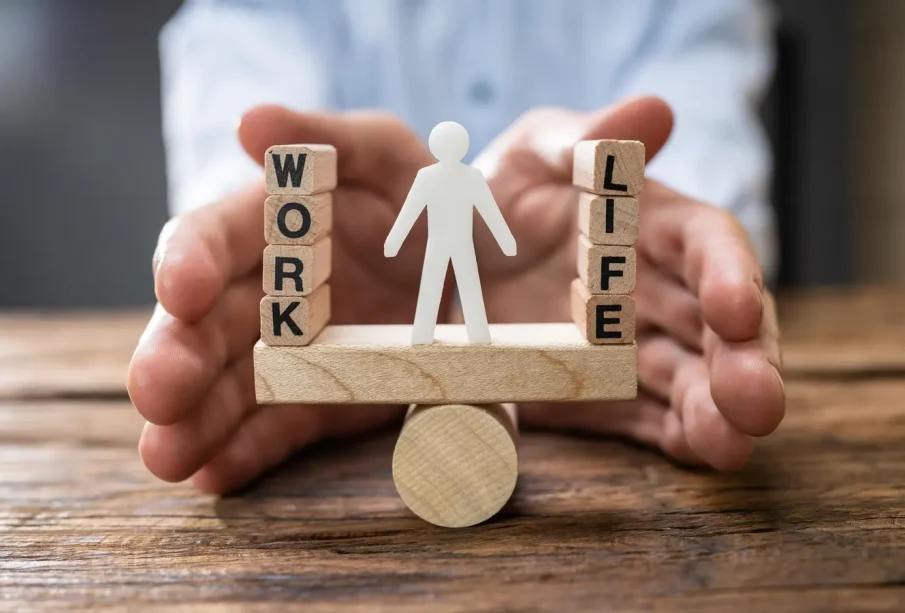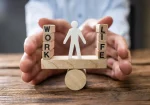Living Well in 2025: How to Build a Balanced, Fulfilling Lifestyle

In a world filled with constant notifications, fast-paced routines, and endless responsibilities, living well has become both a priority and a challenge. For many, “lifestyle” is no longer about following trends—it’s about creating a life that feels balanced, healthy, and aligned with personal values. In 2025, achieving this balance means focusing on mental and physical wellness, meaningful relationships, financial stability, and the pursuit of personal growth, all while embracing flexibility in a rapidly changing world.
Prioritizing Mental Health in Daily Life
Mental wellness has moved from the sidelines to the center of what it means to live well. With stress, anxiety, and burnout becoming common experiences, people are recognizing that a healthy mind is just as important as a healthy body.
Simple practices can have a significant impact:
-
Mindfulness and meditation: Taking even 10 minutes a day to focus on the present can reduce stress and improve focus.
-
Digital detoxes: Setting boundaries with technology—such as screen-free evenings—can help reduce mental fatigue and improve sleep.
-
Therapy and support networks: Virtual counseling services and wellness apps have made mental health support more accessible than ever.
-
Social connection: Spending quality time with friends and loved ones helps combat isolation and builds resilience.
These practices help create a solid emotional foundation, allowing individuals to navigate challenges with more clarity and balance.
Sustainable Physical Health: Beyond Quick Fixes
Physical health trends have shifted away from extreme diets and punishing exercise routines. Instead, people are focusing on sustainable habits that support long-term vitality.
Some key approaches include:
-
Functional fitness: Exercise that emphasizes strength, mobility, and endurance for everyday life, rather than aesthetics alone.
-
Balanced nutrition: Whole, nutrient-rich foods remain central, but flexibility—rather than strict restrictions—is the norm.
-
Sleep optimization: Recognizing the vital role of rest, many now use apps, wearables, and routines to improve sleep quality.
-
Moderation: People are learning to enjoy indulgences without guilt, understanding that balance matters more than perfection.
Wearable devices and personalized health plans, powered by AI and genetic testing, are helping individuals create routines tailored to their bodies, making healthy living easier to maintain.

Minimalism and Intentional Living
In 2025, many people are stepping away from cluttered schedules and overstuffed homes, embracing minimalism and intentional living. This trend isn’t about owning as little as possible—it’s about making space, both physically and mentally, for the things that matter most.
Decluttering possessions, streamlining digital life, and saying no to commitments that don’t align with personal priorities can free up time and energy for what truly matters: meaningful relationships, experiences, and personal growth.
Intentional living also extends to finances. More people are focusing on financial wellness, building savings, investing mindfully, and avoiding unnecessary debt to reduce stress and increase freedom in their lifestyle choices.
The Importance of Small Joys and Daily Rituals
In pursuit of big goals, many overlook the power of small, everyday joys. Simple rituals—a morning cup of coffee, a walk in nature, a nightly gratitude list—can significantly boost happiness and help keep life in perspective.
Practicing gratitude is particularly impactful. Taking a moment each day to reflect on what’s going well can shift mindset, improve emotional well-being, and even strengthen relationships.
Building and Nurturing Relationships
A fulfilling lifestyle is deeply connected to the quality of our relationships. Strong personal connections not only enhance happiness but also improve physical health and longevity.
In a digital age where virtual interactions often outnumber in-person ones, intentionally nurturing relationships has become more important than ever. This may involve scheduling regular catch-ups with friends, volunteering in the community, or participating in group activities that foster genuine human connection.
Flexibility and Adaptability: Keys to a Modern Lifestyle
One of the most valuable lessons of recent years is the importance of flexibility. Life can change quickly, whether due to career shifts, personal circumstances, or global events. A sustainable lifestyle is one that can adapt to these changes without collapsing under pressure.
Continuous learning is a major part of this adaptability. Whether it’s developing new professional skills, learning creative hobbies, or exploring personal passions, staying curious and open to growth can make life more resilient and fulfilling.
Finding Purpose in Everyday Living
Beyond comfort and health, many people are seeking purpose in their lifestyle choices. This could mean aligning careers with personal values, supporting sustainable brands, volunteering, or simply dedicating time to passions that bring a sense of meaning.
Purpose-driven living doesn’t always require major life changes. Often, it’s the small, intentional decisions—choosing work that feels meaningful, supporting causes, or spending time on personal passions—that add depth and fulfillment to daily life.
Creating Your Version of Balance
Ultimately, there’s no universal formula for a perfect lifestyle. What works for one person may not suit another. The key is intentionally creating routines and priorities that reflect your own goals, values, and needs, rather than following societal expectations or fleeting trends.

By focusing on mental health, sustainable wellness, meaningful relationships, financial stability, and personal growth, anyone can build a lifestyle that feels balanced, grounded, and fulfilling—even in a busy, ever-changing world.
Conclusion
Living well in 2025 isn’t about chasing perfection or following every trend—it’s about crafting a life that feels authentic and sustainable. By prioritizing well-being, simplifying where possible, embracing flexibility, and finding purpose in everyday actions, individuals can build lifestyles that support both happiness and long-term success.
In a world that constantly demands more, true fulfillment often comes from slowing down, choosing intentionally, and creating space for what truly matters. A balanced lifestyle doesn’t happen by accident—it’s built, one choice at a time.

























